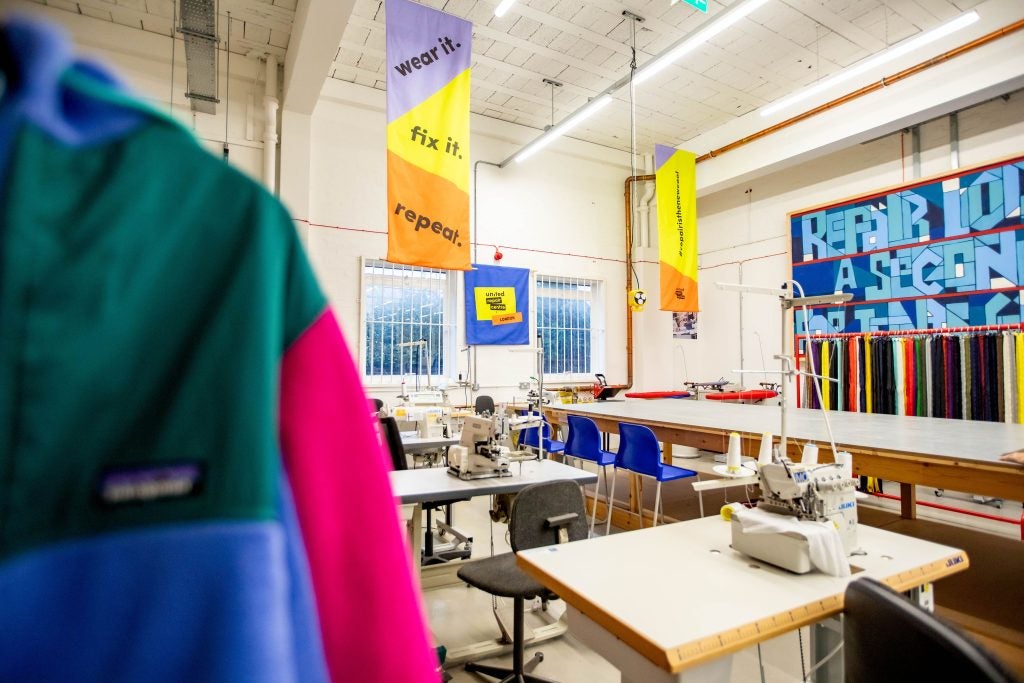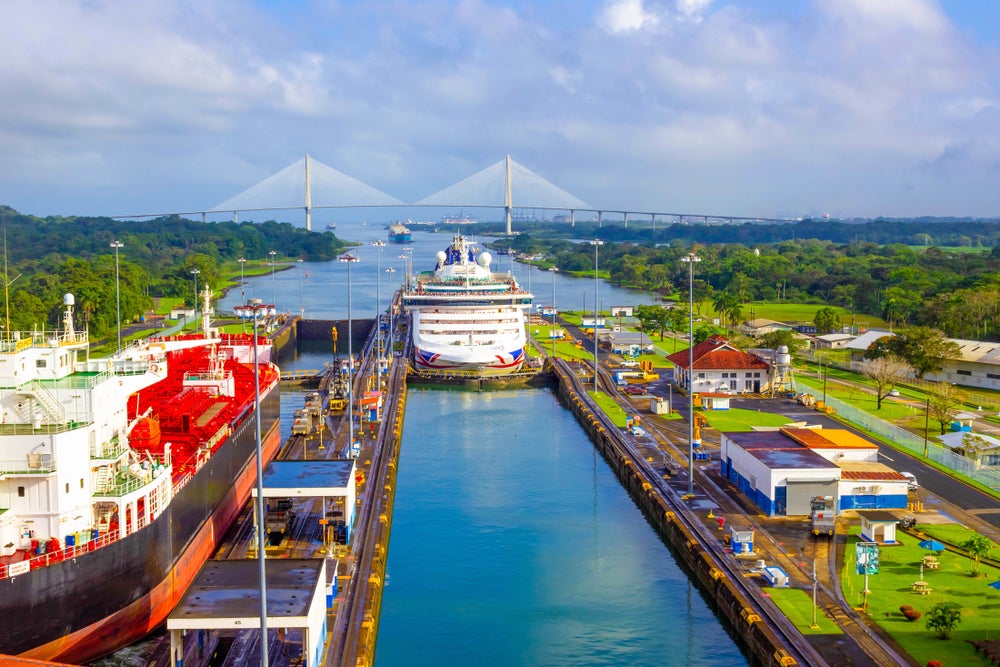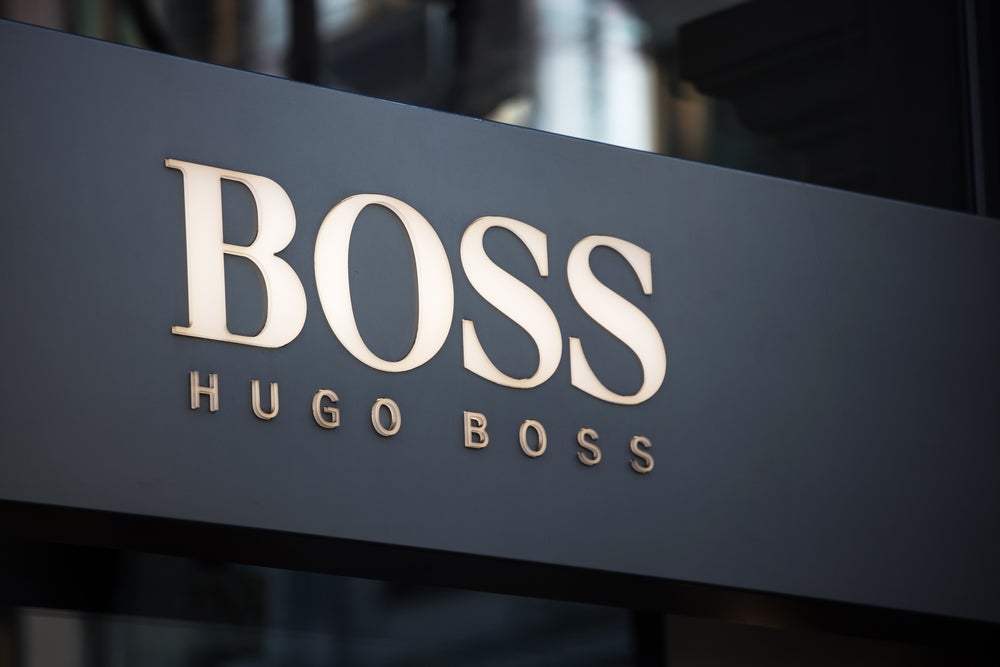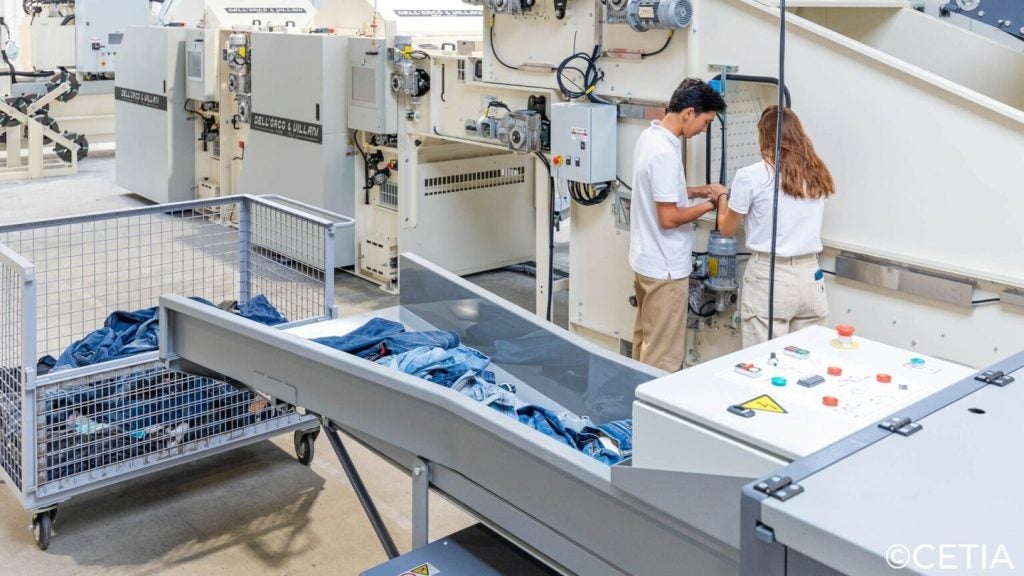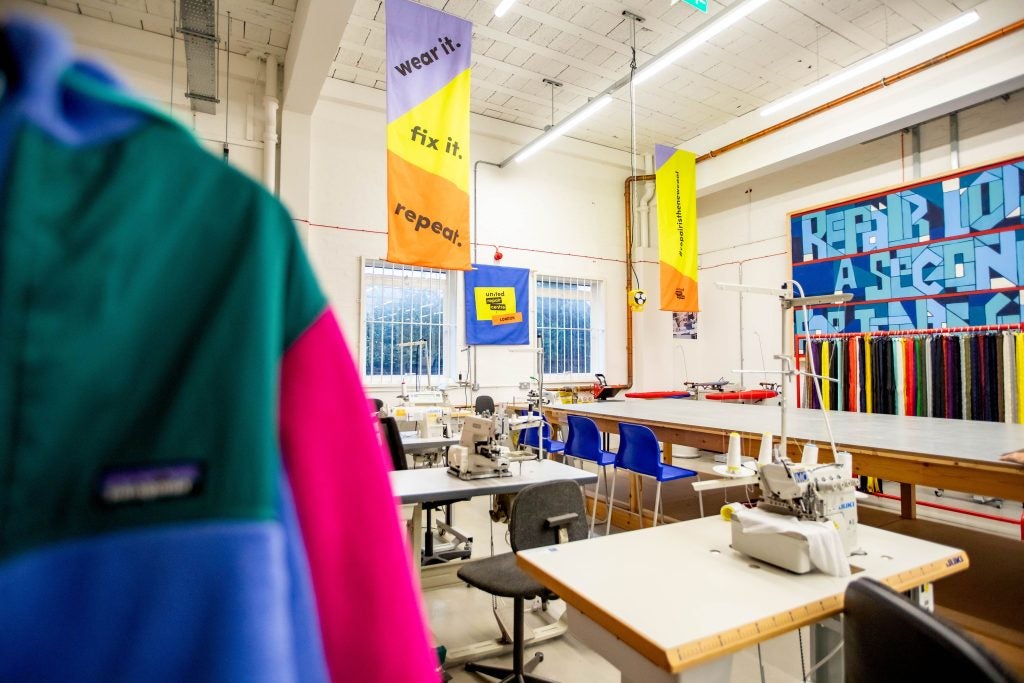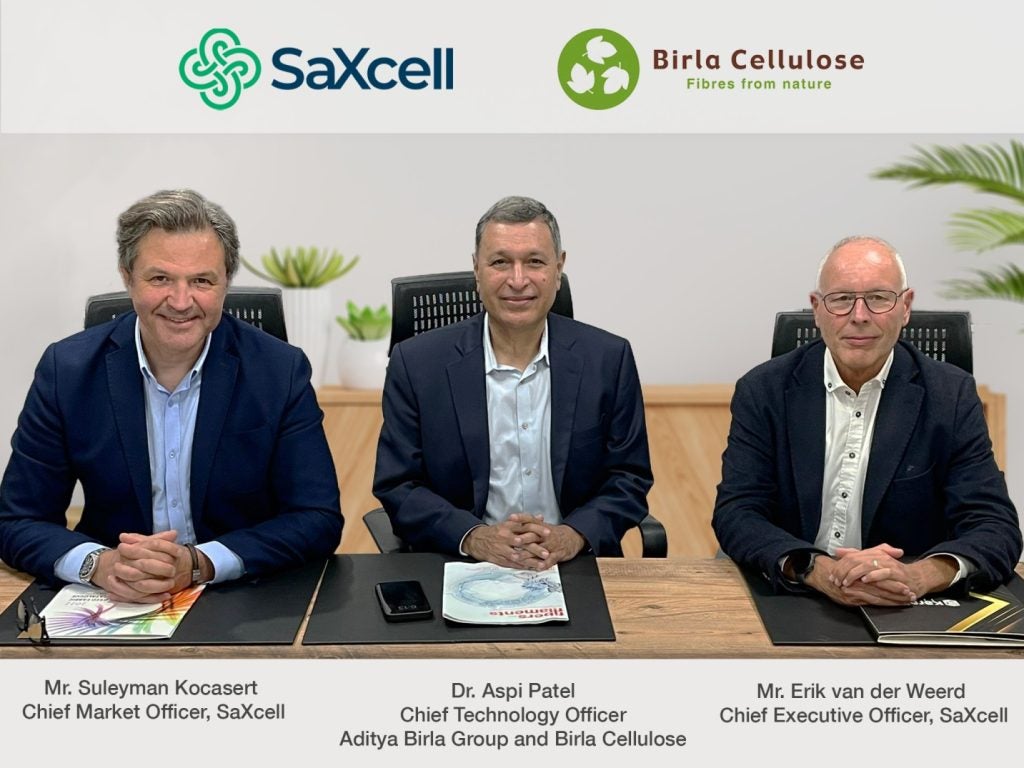Before the inception of Project Photon, MAS Holdings says it had a 1.7MW of solar capacity scattered across various locations. Fuelled by its commitment to expedite the transition to renewable energy, Project Photon was launched, adding 16MW of solar power across 18 locations.
Project Photon started in 2017 with MAS Holdings claiming it took the company to the forefront of Sri Lanka's renewable energy industry and established it as the nation's largest generator and supplier of roof-mounted solar energy.
With the completion of Phase II, in which the manufacturing company made an investment of $16m, an additional 6MW has boosted MAS's total solar generation capacity to 23.7MW, surpassing its previous national record for solar power generation.
MAS says it has installed 67,000 solar panels at its facilities.
This solar capacity is anticipated to save approximately 18,000 tonnes of carbon dioxide (CO2) annually, covering an area equivalent to 10 cricket grounds and possessing the capability to power around 34,000 households.
The most recent solar installation in Phase II took place at MAS Fabric Park (MFP), an eco-friendly industrial park in Thulhiriya, Sri Lanka, which is the country's first privately owned Export Processing Zone.
Expanding to 7MW, it now claims to be Sri Lanka's largest rooftop installation under a single Ceylon Electricity Board (CEB) account. The initiative is expected to reduce the park's electricity requirements by 20%.
The execution of Phase I is described as "a nationally unprecedented multi-site project" that spanned the entire country and required an initial investment of $12.7m.
MAS Holdings says Project Photon has its own experienced solar engineering teams capable of undertaking renewable energy projects of any scale worldwide and it claims to have set a national benchmark for solar generation roof rentals, a model that it says is now emulated by most roof-mounted solar investors across the country.
MAS Holdings' commitment to reducing emissions is part of its sustainability strategy, the MAS Plan for Change, which aims to promote the company as a leader in sustainable manufacturing.


